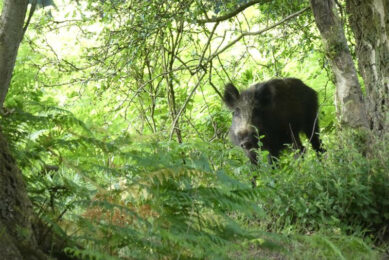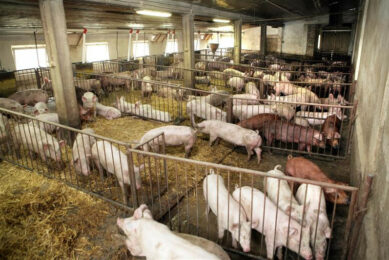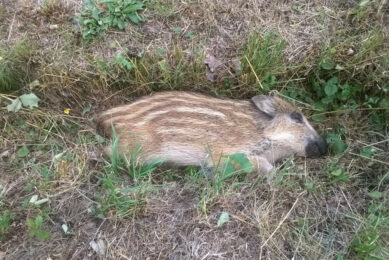ASF China: Lessons learnt after 4 years of infection
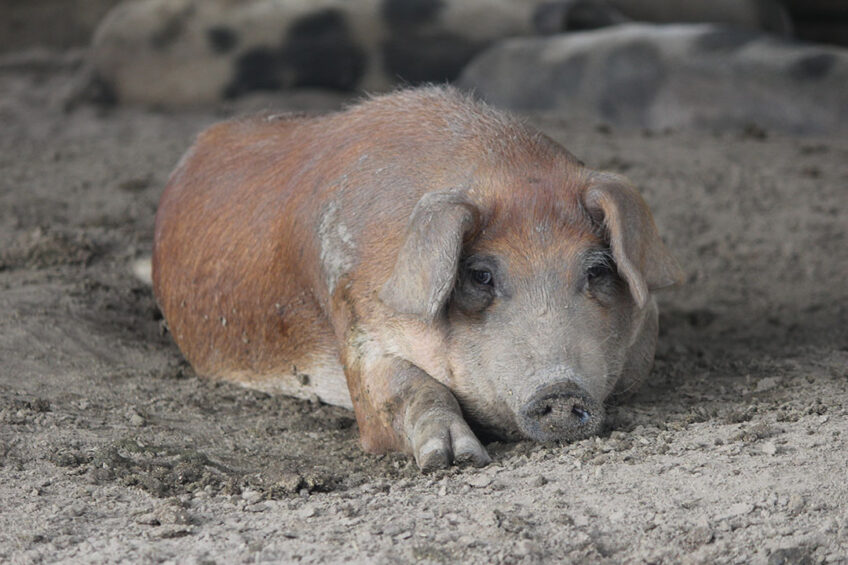
Several lessons can be learned from 4 years of African Swine Fever (ASF) in China about risks, routes of infection and prevention.
The lessons form the key message of a comprehensive analysis of the African Swine Fever (ASF) outbreaks that China has been struggling with since 2018, and which has been published in the peer-reviewed journal Viruses. Researchers also got a clear picture of how to prevent and tackle the virus.
Humans as main distributors of ASF virus
The researchers, attached to the South China Agricultural University, integrator DBN and the Chinese Academy of Agricultural Sciences, pointed to humans as the main source of spread of the ASF virus. In 46% of the investigated Chinese ASF outbreaks, the virus appears to have entered a company via personnel or transport. In 42% of the cases, the feed was contaminated; a lot of swill feeding is still being used in China.
Laboratory research showed that the virus can survive for several months in contaminated feed or insects such as ticks. Certain tick species can carry the virus for 4 years. In the case of the infection route via feed, there is also a reference to spread by wild boar.
It is still unclear how long a surviving pig can carry the ASF virus, the authors wrote. Several studies have reported recovered pigs still emit the virus 6 months after infection. That way, an infected wild boar could theoretically contaminate feed when it would cross a grain field.
Surviving pigs can also cause reinfection within pig populations through the supply of new susceptible pigs, the research team added. The team showed that the virus can survive in manure for at least 11 days. After a month, it was still found in the floors and pen walls at an infected farm.
ASF intake via feed consumption
Feed appears to be an important infection route. Small amounts of feed or water can already be sufficient for a pig to get infected, the authors stated. An infected pig appears to excrete the virus via saliva as early as day 2 after infection, which is faster than the stated incubation period of 3 to 19 days. The researchers wrote that excretion via saliva is also the reason why an infection can spread so quickly through modern pig houses, i.e. via the feeding and drinking systems.
Airborne transmission is a less likely route given that the virus has a 20-minute half-life in the air. This means that the virus in the air halves in infectiousness every 20 minutes and can therefore only be spread over short distances by aerosols within a pig house.
A second, more plausible route of transmission is the treatment of sick pigs, the team added. On many farms, several pigs are administered medicines with the same injection needle. There is still insufficient evidence for transmission via infected semen or via milk from sow to piglet.
ASF vaccination most effective, but still impossible
Vaccination is the most effective way of prevention, but despite all the efforts in different countries, it can still take a few years before a well-functioning vaccine will enter the market, the researchers wrote. A number of virus inhibitors have been tested in recent decades. Those turned out to be effective at laboratory level, but are not yet applicable at animal level.
An attempt is also being made to breed an ASF-resistant pig. The basis of that research is the African warthog, which develops mild symptoms after infection and rarely dies from the disease.
Domestic pigs also appear to be able to survive an infection. Those pigs differ on a genetic level from pen mates that do not survive an infection. The Chinese team is trying to create a naturally resistant pig with genetic engineering. In addition, efforts are being made to achieve a resistant pig through breeding by using naturally resistant pigs.
Only thorough disinfection works
The research team said that cleaning and disinfection is important to prevent the transmission of ASF virus. The virus’ persistence is a problem, however, meaning that only very thorough disinfection is effective. Heating rooms for at least 70°C for at least 20 minutes can kill the virus on means of transport, for example.
For cleaning and disinfecting rooms, the right solution of agents and a minimum disinfection time are important. For example, it is stated that a solution of 0.3% formalin or 2.3% chlorine must act for at least 30 minutes to be effective. The use of organic acids is recommended for cleaning and disinfecting feed and water pipes in the stables.
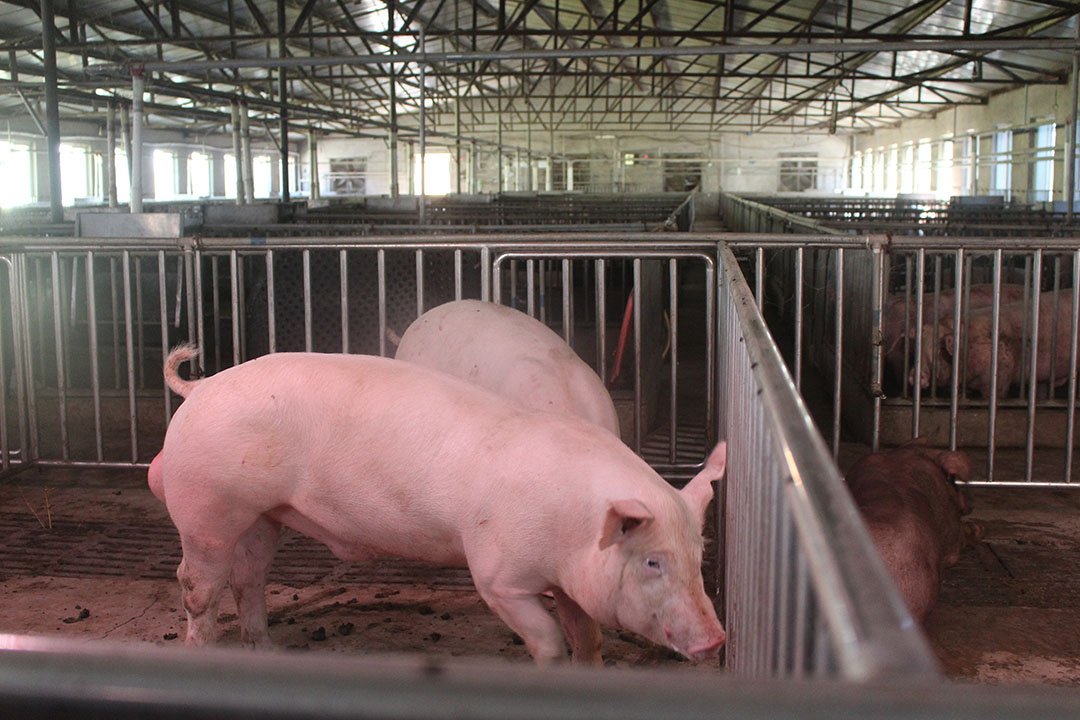
Biosecurity key at company
To prevent the introduction of the virus, the researchers insist on a the highest possible biosecurity on and around companies. That starts with setting up a 3- and 10-km zone around an infected farm. Clearing the farm, cleaning and disinfecting and a minimum vacancy of 40 days.
The team emphasised that farms must apply a strict bio-security policy with minimal visitors to the stables, showering when entering and leaving the company, company clothing and separate clothing for each stable on the company. Furthermore, a clean/dirty road and mandatory cleaning and disinfection of trucks contribute to lowering the risk of entry.
The research paper in Viruses was authored by Yuanjia Liu, Xinheng Zhang, Wenbao Qi, Zexin Liu, Xiuhong Wu and Jianxin Chen, attached to the South China Agricultural University, Guangzhou, China; Yaozhi Yang, Heilongjiang Dabeinong Agriculture and Animal Husbandry Food Company, Harbin, China; and Tongqing An, Chinese Academy of Agricultural Sciences, Harbin, China.



